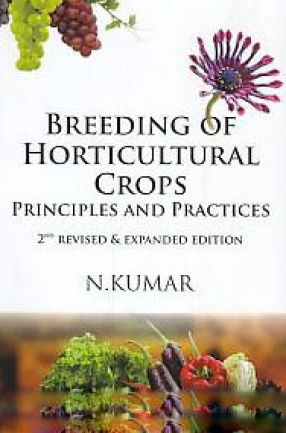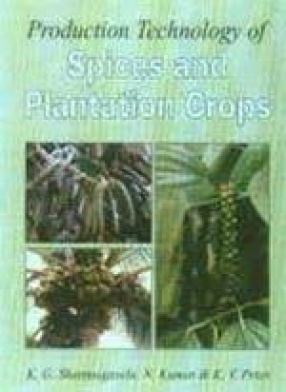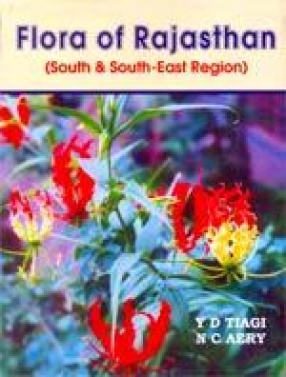Breeding of Horticultural Crops: Principles and Pactices
"The book has been designed with the main consideration to serve a dual purpose of being a text and reference. Keeping this thing in mind the entire book has been divided into three major parts. The first part deals with the principles and methods of breeding adopted in horticultural crops propagated both sexually and asexually. The second and third part deals with the principle and practices in breeding of perennial and annual horticultural crops respectively.
Contents: Foreword. Preface. I. Breeding Methods: 1. Plant introduction. 2. Selection. 3. Hybridisation. 4. Backcross method of breeding. 5. Population improvement. 6. Clonal selection. 7. Apomixis. 8. Heterosis breeding. 9. Mutation breeding. 10. Ploidy breeding. 11. Distant hybridization. 12. Innovative breeding techniques. 13. Breeding methods for improvement of qualitative traits in horticultural crops. II. Principles and Practices in Breeding of Perennial Horticultural Crops: i. Tropical and Subtropical Fruits: 1. Mango. 2. Banana. 3. Citrus. 4. Grapes. 5. Guava. 6. Sapota. 7. Papaya. 8. Pineapple. 9. Litchi. ii. Temperature Fruits: 10. Apple. 11. Peach. 12. Plum. 13. Pear. 14. Apricot. 15. Almond. 16. Walnut. iii. Arid Zone Fruits: 17. Aonla. 18. Ber. 19. Bael. 20. Pomegranate. iv. Spices and Plantation Crops: 21. Black pepper. 22. Cardamom. 23. Tea. 24. Coffee. 25. Cashew. 26. Arecanut. 27. Coconut. 28. Oilplam. v. Flower Crops: 29. Rose. 30. Jasmine. III. Principles and Practices in Breeding of Annual Horticultural Crops: 1. Tomato. 2. Brinjal. 3. Chillies and bell pepper. 4. Bhendi. 5. Amaranthus. 6. Cole crops. 7. Cucurbits. 8. Root crops. 9. Onion. 10. Garden pea. 11. French bean. 12. Tapioca. Suggested readings. Index.
Get it now and save 10%
BECOME A MEMBER











Bibliographic information